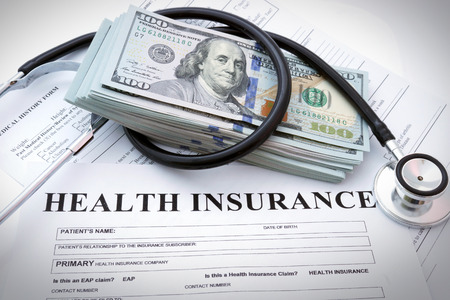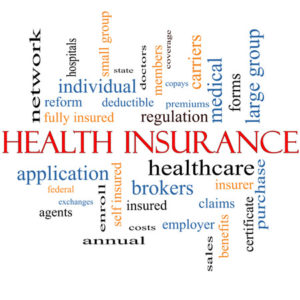For most of us, insurance is a necessary part of life. Whether it’s protecting our homes, our cars, or ourselves, having the right insurance can ensure that you aren’t put in a precarious position when something happens.
However, is your current insurance policy providing you with the best coverage? When was the last time you checked on it to see what is covered and what isn’t? According to experts, you should be conducting an insurance review every year, which most of us don’t do.
As such, today we’re going to be discussing the benefits of doing an insurance review, what it entails and what to pay attention to the most. Don’t wait until something happens to find out if you’re fully covered or not.
What is an Insurance Policy Review?
Simply put, this is when you sit down with your insurance agent and go over the specific details outlined in your policy. It’s best to do this with all of your insurance so that you can catch any gaps in coverage and solve that issue immediately.
The goal of an insurance review is to make sure that the policy you have is the one that’s going to provide you with the best protection. For example, if you have a homeowner’s policy for your house that hasn’t been updated in ten years, you could have a significant gap in coverage.
Fortunately, your insurance agent(s) will be more than happy to sit down with you and discuss your changing needs and see how you can adjust your policy to reflect any recent updates. This process is relatively quick and painless, and it can save you a lot of time, money, and headaches in the future.
Benefits of Reviewing Your Insurance Policy
Chances are that you haven’t thought about reviewing your policy since you started it. However, if there have been any significant changes in your life since then (i.e., marriage, divorce, family changes, income level, home improvements, etc.), it’s imperative that you look at your insurance to see if there is anything that needs to be updated.
Here are a few reasons why doing an annual insurance review is right for you and your family.
Fill in Gaps
This problem is most common with homeowner’s insurance since the market can appreciate in value over time. For example, if your house was worth $350K when you bought it and now it’s worth $500K, your policy needs to reflect that. If your payout is still based on the first figure, that’s a huge discrepancy that will come out of your pocket.
Combine Coverage
You may have signed up with several different insurance companies, which means that you have various agents looking over and securing your policies. However, it is usually beneficial to combine services with one insurance company so that you can either save money or get more comprehensive benefits. In addition, an independent agency such as Bob Johnson Insurance can let you compare the savings between multiple insurance companies instead of just one.
Reduce Rates
Although it’s more likely that your policy will have to be updated to reflect a higher payout (which may mean higher premiums), a review may enable you to save more money in the long term. Car insurance especially can be reduced if you’ve gone years without an accident or moving violation. Doing an annual review can help you make the most of your monthly payments.
Add Insurance
Do you know what you’re covered for right now? Does that account for everything that could happen? For example, does your policy cover everything from fire to floods? If not, then now is the time to add it. Even if you’re not sure what could happen to your property (or yourself) in the future, it’s better to be safe than sorry.
Which Policies Should be Reviewed and Why?
When doing an annual insurance review, it’s best to look at any and all policies that you have. These can include life, homeowner’s, renter’s, and auto insurance, among others. It’s best to look at and take care of everything all at once so that no surprises are lurking in your coverage.
Even if you think that everything should be the same, it’s better to do a full review of all of your policies, just in case. You never know what other services you can qualify for that can improve your coverage and your monthly payments.
How Often You Should Review Your Policies
There is no “right” answer here, but there are some guidelines that you should follow to be safe. Based on expert recommendations, this is when you should review each kind of policy (beyond an annual checkup).
- Health Insurance: if you are diagnosed with a chronic illness, or if you’re expecting to need more coverage, such as you’re planning on a pregnancy.
- Life Insurance: marriage or divorce is a perfect time to review and update your policy. Also, income changes can affect your policy needs, so do a review if your salary varies significantly.
- Homeowner’s Insurance: if you do any renovating or remodeling you should update your insurance to reflect that.
- Auto Insurance: anytime you are involved in an accident you should do a review to see how it will affect your rates and your coverage.
Let BJI Help
If you are a BJI customer, give us a call or fill out our contact form to schedule a review of your policies. It doesn’t take long and can help you have the peace of mind knowing that your coverage is sufficient, and it might even save you a little money.
If you are not a BJI customer, we can help you as well. Because we are an independent agency, we can compare your current policies with the rates of multiple insurance companies so that you get the best rate for the coverage that you want. Give us a call or fill out our contact form to schedule a review of your policies.
Next: How to Do an Annual Insurance Review






